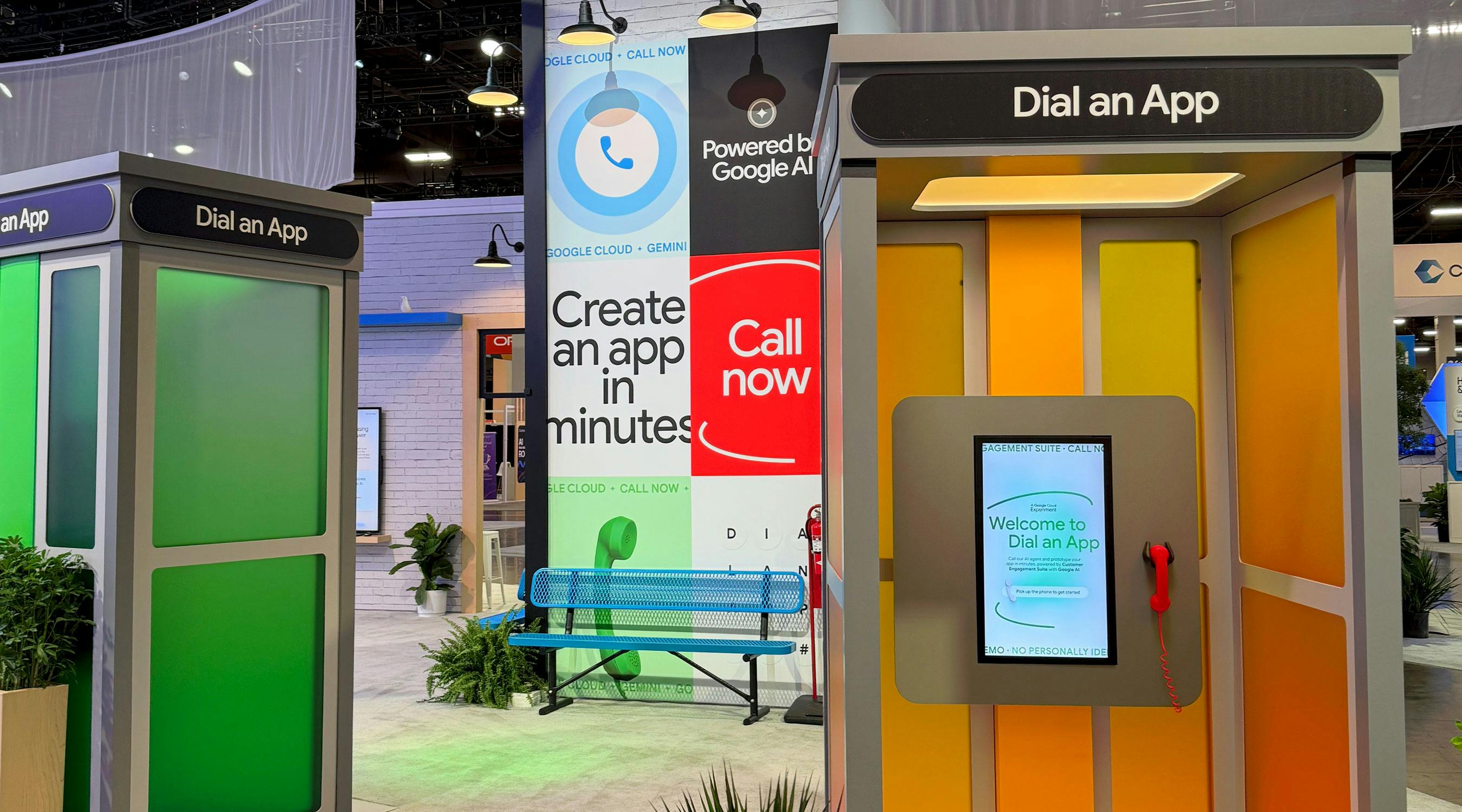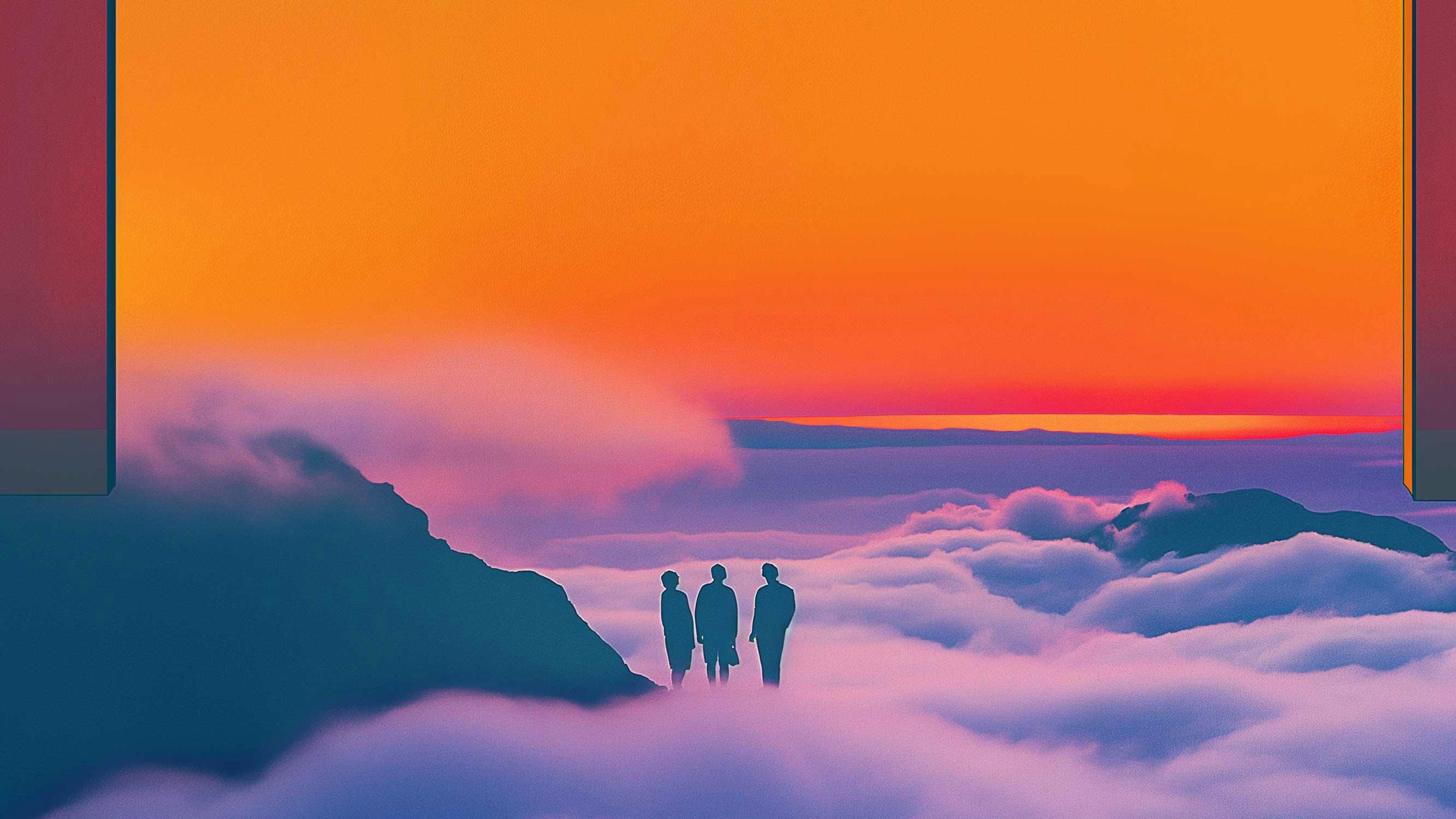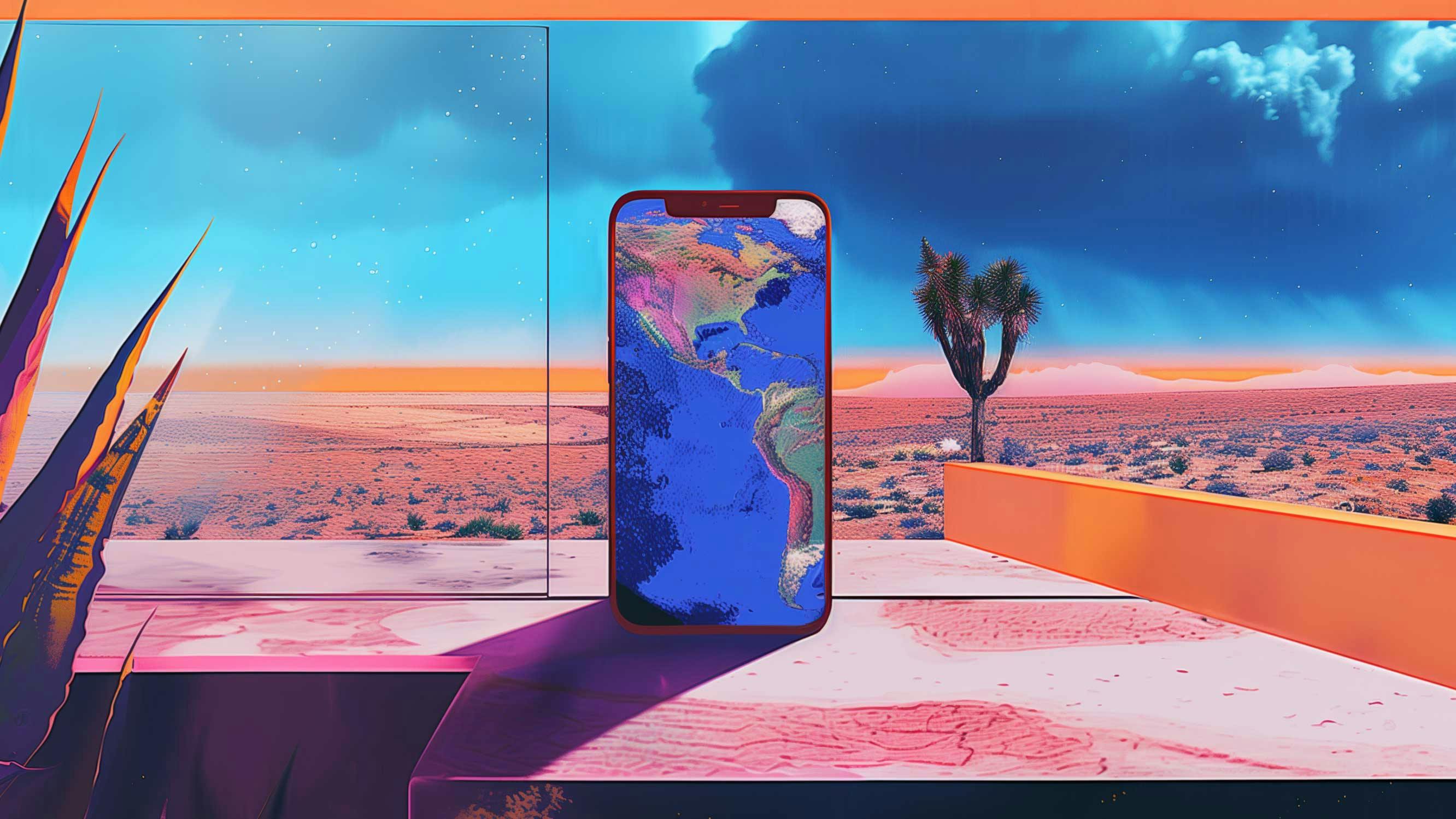A Place of Courage: “Design Matters” Host Debbie Millman Talks Shop with Use All Five
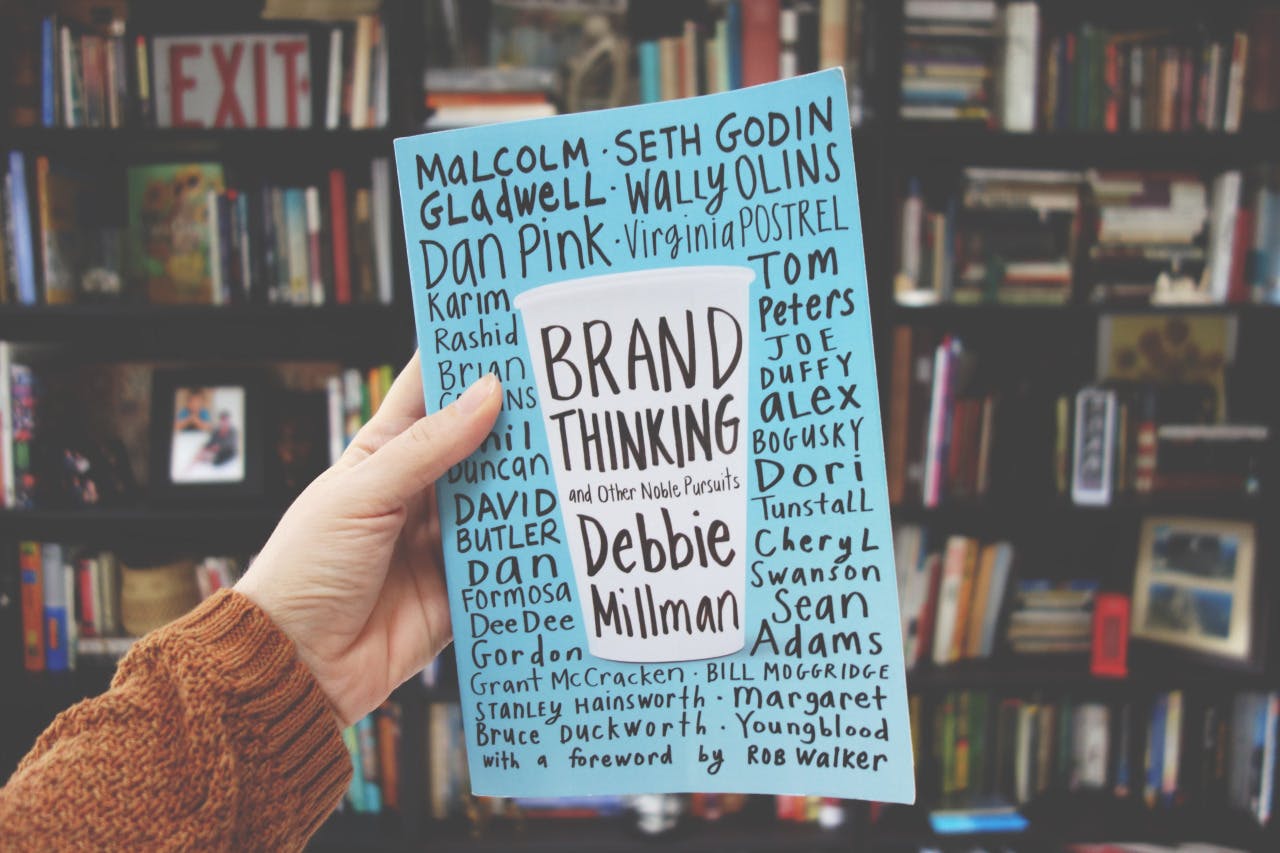
Isn’t it funny? An interview with an interviewer? It’s safe to say everyone in our office looks to you for inspiration; who have you looked to?
For interview inspiration I have several people I have and continue to be inspired by: Charlie Rose, Krista Tippett, Terry Gross, Barbara Walters and believe it or not, Howard Stern. I don’t like his show, but he is a great interviewer.
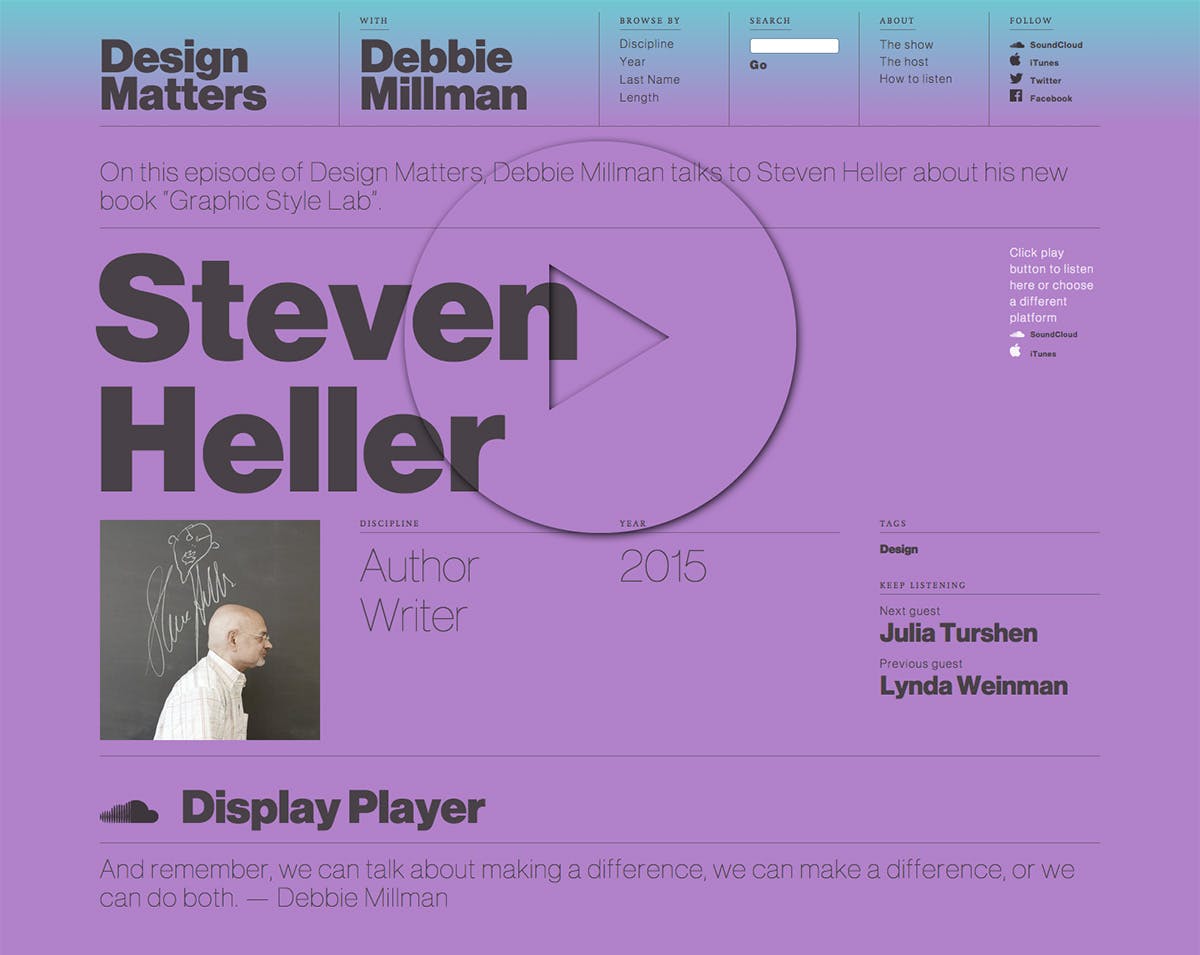
It’s been said that an interview goes well when it gets personal and the interviewee can comfortably go down that road. Is this something you aim for? How do you get people to open up?
Yes, an interview goes well when it gets personal and the interviewee can comfortably go down that road, for sure. I consider a great interview to be a dance, or a game of tennis or chess…or an agonizing trip to hell. A great interview is a masterful combination of skill, art, science, empathy and intelligence. I consider the act of interviewing to be a privilege and an honor: you are being given a gift of information and intimacy. This means you are being given a lot of power, which is an enormous responsibility. I think that the goal of an interview is to allow the subject to express as much information as possible in a short time and to keep it focused on things that are interesting. I believe that the primary reason someone will not answer a question or reveal a part of themselves is not because they don’t like you; it is because they don’t trust you. That means that the underlying subtext of every interview contains the act of gaining trust.
Good interviewers are good listeners who are genuinely interested in how their subjects think. They are genuinely interested in who the subject really is. The interviewer must be able to discover something special in anyone. An interview is not about the interviewer; there is no ego in interview. There is no judgment in an interview. The interview is not about you—BUT it has everything to do with you. You control everything…except your guest. You must be flexible, as anything can and will happen in an interview.
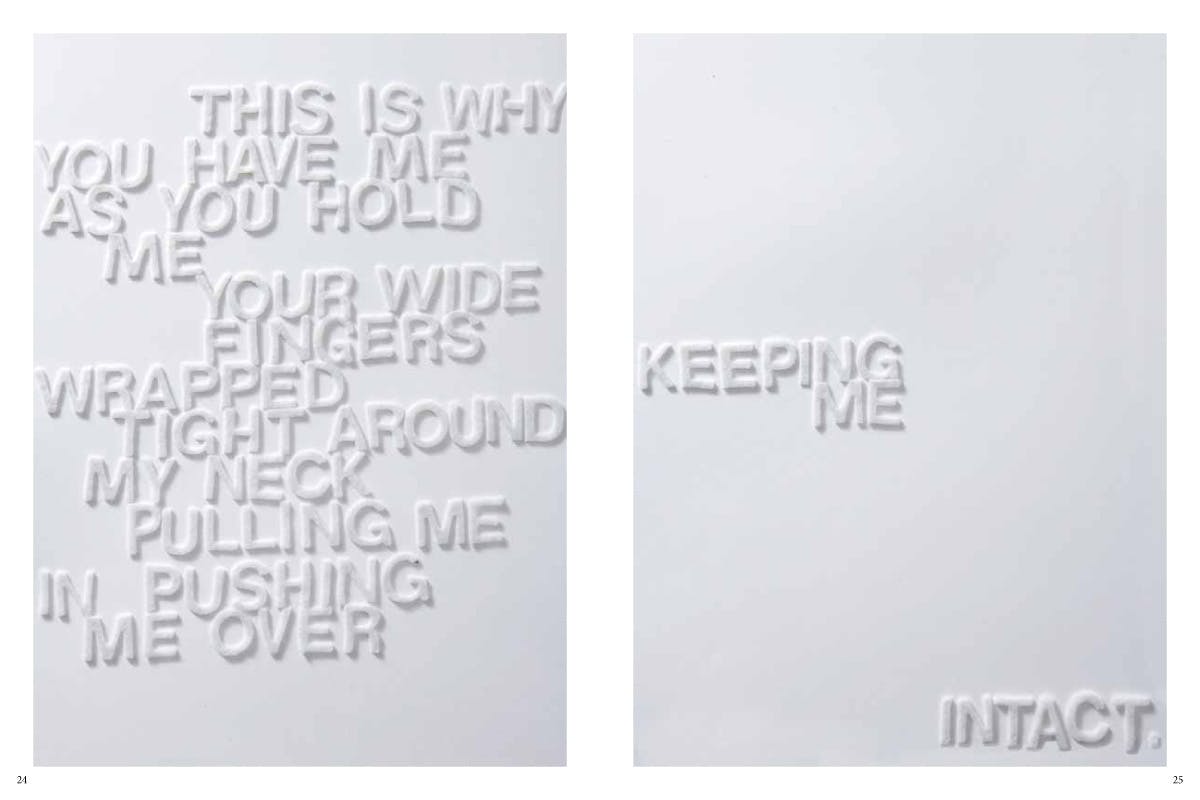
Who was the first person you talked to where you thought, “Oh God, I really can’t screw this up”? Can you tell us about it?
I felt that way before my very first Design Matters interview with John Fulbrook back in 2005 and I felt that way last week, before my most recent interview with Brandon Stanton. I think that is why I do so much research. I am always afraid that I am going to screw up!
You’ve seen a sea change in podcasting since you began. What do you think has accounted for its popularity? How do you see it shaking up the established audio sector?
In the last ten years, as technology has changed, the podcasting landscape has as well. Once an utter free-for-all, podcasting is now a worldwide phenomenon. In July of 2013, iTunes celebrated one billion podcast subscriptions, so that means we are well over that now. The subscriptions spanned 250,000 unique podcasts with eight million episodes in over 100 languages. There are also many, many more services presenting audio offerings, including Soundcloud, Stitcher and the Public Radio Exchange, all of which are free and embeddable.
Podcasting is also a rather democratic endeavor. As of this writing, podcasting is free from government regulation. Podcasters don’t need a license to broadcast programming (radio stations do) and they aren’t required to conform to the United States Federal Communication Commission decency regulations. Anything and everything is allowed in podcasting and this freedom is leveraged all over the Internet. This utter openness, as well as the increase of streaming (which you need an internet connection for, downloaded podcasts do not), as well as increased amount of driving and commuting has driven the popularity of podcasts.
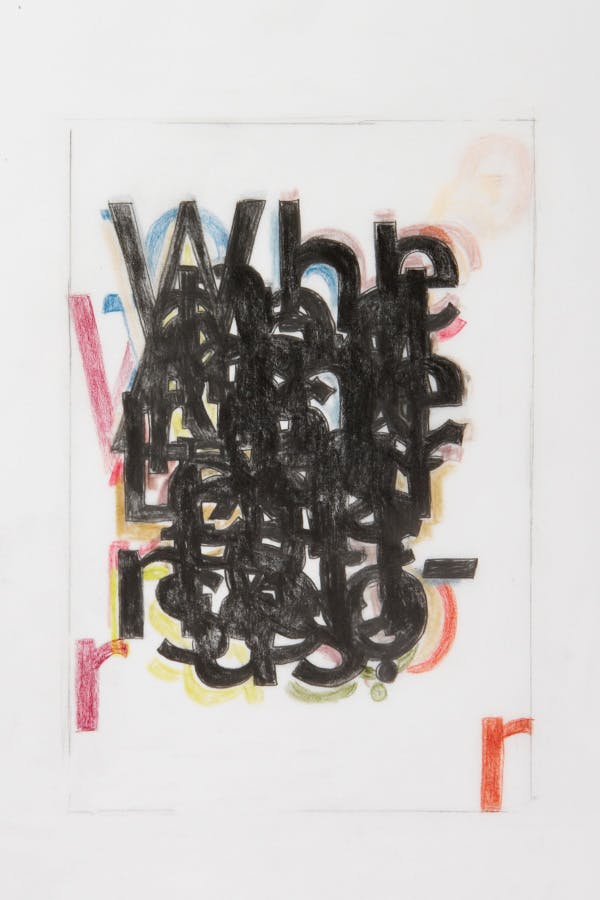
You’re one of the most openly and thoroughly introspective designers in the public eye. How has that introspection affected your career?
I am not sure I agree with your description other than acknowledging I am very introspective. However, this introspection is not really a conscious imperative I make every day. Frankly, I am just an obsessive over-thinker. Which often makes for difficulties and definitely gets me into trouble.
In a similar vein you also frequently discuss doubt. What’s a good way to go about confronting doubt and how can it be turned into something positive?
I do talk about doubt, but it is usually connected to a larger conversation about my belief that confidence is a myth, and this comes from a live-changing conversation I had with the writer Dani Shapiro after a Design Matters interview. After we finished the taping, we started to talk about the role of confidence in success. During the conversation, Dani said that she felt confidence was highly overrated. I was instantly intrigued. Most overly confident people, she said, were really annoying. And the most confident people were usually arrogant. Over-exuding confidence was a sure sign that a person was compensating for some type of internal psychological deficit.
Dani argued that courage was more important than confidence. When you are acting from a place of courage, you are saying that no matter how you feel about yourself or your opportunities or the outcome, you are going to take a risk and take a step toward what you want. You are willing to allow yourself to be vulnerable—in showing your art, starting a business that might succeed or fail, having an opinion on something, being in a relationship. You are not waiting for the confidence to mysteriously arrive.
Back to your original question regarding doubt: I believe that doubt is overcome through that willingness to continually put yourself in vulnerable situations. Success or failure has nothing to do with it. I know people who launched a startup that tanked, had their art project excoriated by critics, or went through a difficult breakup, yet they still continue on; they see the experience as something that helped them along their path. Perhaps confidence comes from a certain equanimity that arises from not putting too much stock in whether you’re celebrated or rejected. “Failure” is an arbitrary label, and the most psychologically healthy people I know tend to reframe it as an experiment that gave them valuable insight. So celebrate your flubs, your rejections, your vulnerability—they mean that you’re taking the risks necessary to grow.
The act of being courageous—taking that first step—is much more critical to a successful outcome than the notion of feeling doubt or confidence while engaged in the process. Courage requires faith in your ability before you experience any repeated success. But that doesn’t mean taking that first step will be easy. It won’t. Taking ANY step for the first time is difficult and there is a tremendous amount of vulnerability and nervousness you are likely going to experience. But experiencing that vulnerability and nervousness doesn’t give you an excuse not to take the step. There is a wonderful scene in the third installment of Indiana Jones wherein Indy knows he has to step on a path he actually can’t see; it is not visible to the naked eye. But in his heart he knows it’s there, and he knows that he must take the first step to fulfill his destiny. Without seeing the pathway, he puts one foot in front of the other and steps into the unknown. And just like that, a visible pathway appears in front of him and he is able to cross it.
Courage is the foundation for any authentic success. Taking a first step creates courage which will grow with every repetitive step you take.
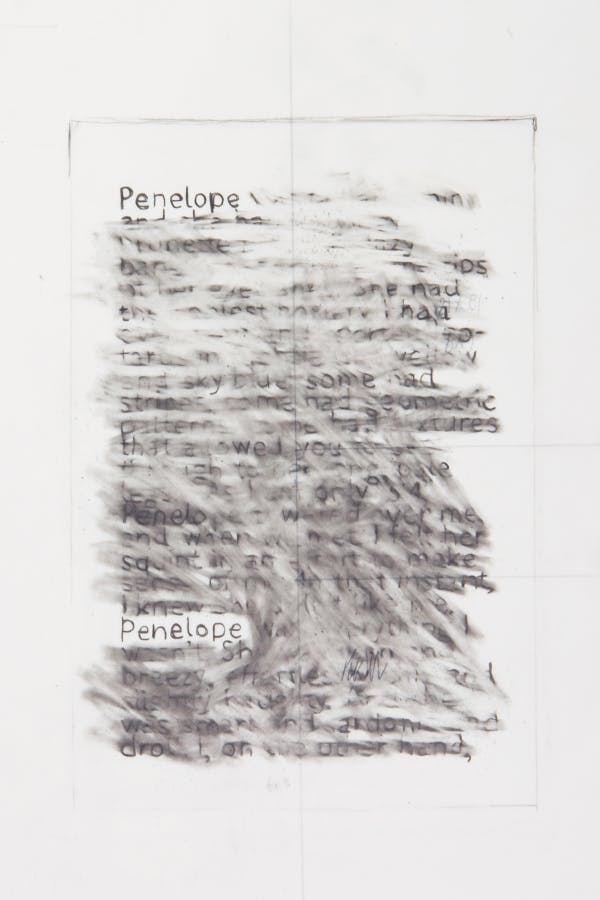
Sorry for ending with a cheesy question, but – if you could talk with any historical or fictional person, who would it be? What would you talk about?
I would want to interview Albert Einstein and have a long, sprawling conversation about the theory of relativity, black holes, quantum entanglement, time and gravity and his notions of the origins of the universe.

